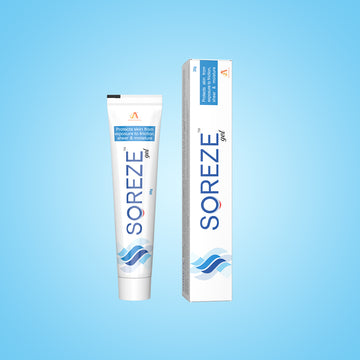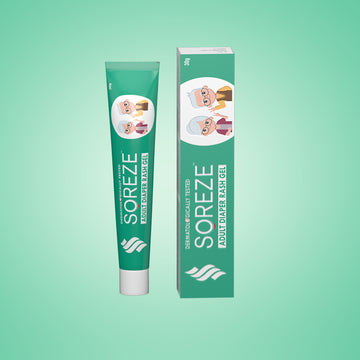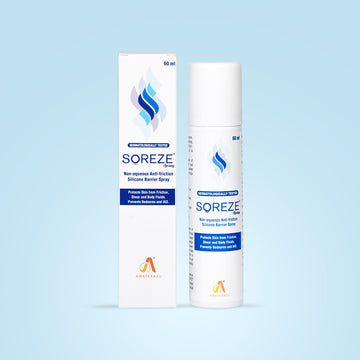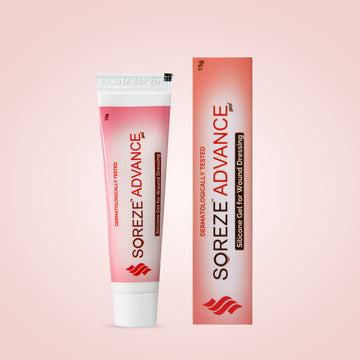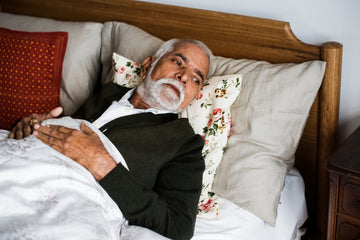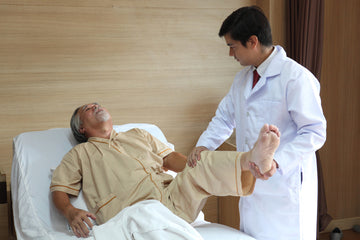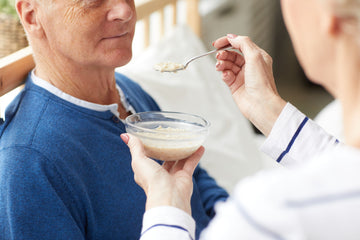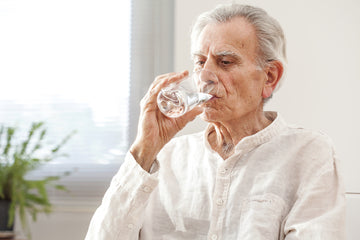
As the sun beams down and temperatures rise, staying hydrated becomes essential, especially for our elderly loved ones. With age, the body's ability to retain water decreases, making seniors more susceptible to dehydration. Not only does dehydration pose health risks, but it can also impact skin health, leading to dryness, itchiness, and even exacerbating existing skin conditions. To ensure that our elders stay healthy and their skin remains radiant during the summer months, here are some essential hydration tips:
Drink Plenty of Fluids: Encourage elders to drink an ample amount of fluids throughout the day. Water is, of course, the best option for staying hydrated. Herbal teas, diluted fruit juices, and electrolyte-rich drinks can also be included to add variety and replenish essential minerals lost through sweat.
Set a Schedule: Sometimes, elders may forget to drink water regularly. Setting reminders or establishing a drinking schedule can help ensure they stay hydrated consistently. Consider using apps, alarms, or even marking water bottles with time goals to track fluid intake.
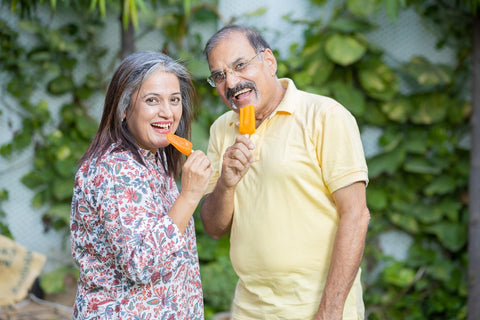
Eat Water-Rich Foods: Many fruits and vegetables have high water content and can contribute significantly to daily fluid intake. Watermelon, cucumbers, oranges, strawberries, and tomatoes are excellent choices to incorporate into meals and snacks during the summer.
Limit Caffeine and Alcohol: Beverages like coffee, tea, and alcoholic drinks can have a diuretic effect, leading to increased urine production and potential dehydration. Encourage moderation in consumption and balance these beverages with ample water intake.
Hydrate Before Outdoor Activities: Before heading out into the sun, remind seniors to drink a glass of water to pre-hydrate. Additionally, they should carry a reusable water bottle and sip regularly during outdoor activities to replenish fluids lost through sweating.
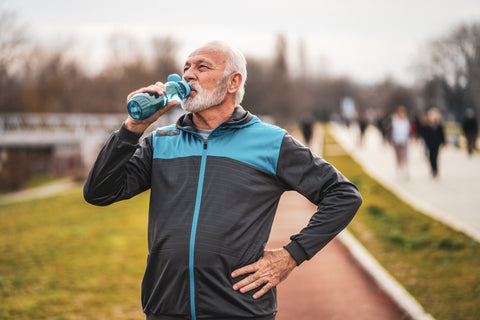
Wear Lightweight Clothing: Opt for loose-fitting, breathable fabrics like cotton to help elders stay cool and minimize sweating. Light-colored clothing can also reflect sunlight, reducing heat absorption and the risk of dehydration.
Seek Shade: When spending time outdoors, encourage seniors to seek shade during peak sun hours, typically between 10 a.m. and 4 p.m. This not only helps prevent overheating but also reduces fluid loss through perspiration.
Monitor Medications: Certain medications can increase the risk of dehydration or alter fluid balance in the body. Seniors should consult their healthcare provider to understand how their medications may impact hydration levels and adjust fluid intake accordingly.

Use Hydrating Skincare Products: Proper skincare is crucial for maintaining skin health, especially in the summer when heat and sun exposure can strip moisture from the skin. Recommend hydrating cleansers, moisturizers, and serums formulated with ingredients like hyaluronic acid, glycerin, and ceramides to replenish and lock in moisture.
Special Considerations for Elders
Seniors with mobility issues or cognitive impairments may face additional challenges in staying hydrated. Caregivers should ensure that elders have easy access to fluids and provide assistance as needed. Regular communication with healthcare providers is essential for addressing hydration-related concerns.
Seeking Medical Advice
If an elder experiences persistent symptoms of dehydration, such as extreme thirst, confusion, or weakness, it's important to seek medical attention promptly. Healthcare providers can assess hydration levels and recommend appropriate interventions, such as oral rehydration solutions or intravenous fluids.
Hydration Tips for Caregivers
Family members and caregivers play a crucial role in supporting elders in staying hydrated. They can encourage regular fluid intake, provide assistance with meal preparation, and monitor hydration levels. Effective communication with healthcare providers is essential for coordinating care and addressing any concerns.
Staying hydrated is vital for the elders, particularly during the summer months when temperatures soar. By incorporating these hydration tips into their daily routine, seniors can maintain optimal health, support their skin's natural moisture barrier, and enjoy the season to the fullest. Remember, prevention is key, so encourage proactive hydration practices for a happy and hydrated summer!
